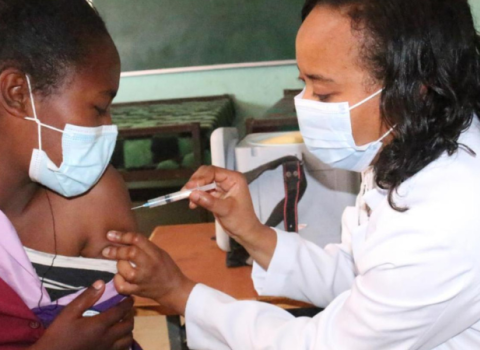Scientists at Manchester University have developed ways of modifying the molecular structure of antibiotics, paving the way for analogues that are effective against antibiotic-resistant bacteria.
The work was led by chemical biologist Jason Micklefield in collaboration with geneticist Colin Smith. The two were the first to engineer the biosynthesis of lipopeptide antibiotics in 2002, and have now devised methods of modifying the structure of these antibiotics, providing access to thousands of lipopeptide variants that cannot be produced easily in any other way.
Micklefield said the work is essential to the development of the next generation of lipopeptide antibiotics for combatting bacteria that have acquired resistance to other antibiotics. “The potent activity of this class of antibiotics against pathogens that are resistant to all current antibiotic treatments makes them one of the most important groups of antibiotics available.”
Micklefield’s work focuses on calcium dependant antibiotics, which belong to the same family of acidic lipopeptides as daptomycin, which in 2003 became the first new class of natural antibiotic to be launched in more than 30 years.
However, there is already evidence that bacteria are becoming resistant to daptomycin.
The project is supported by the Cambridge University spin out, Biotica Ltd.





 A unique international forum for public research organisations and companies to connect their external engagement with strategic interests around their R&D system.
A unique international forum for public research organisations and companies to connect their external engagement with strategic interests around their R&D system.